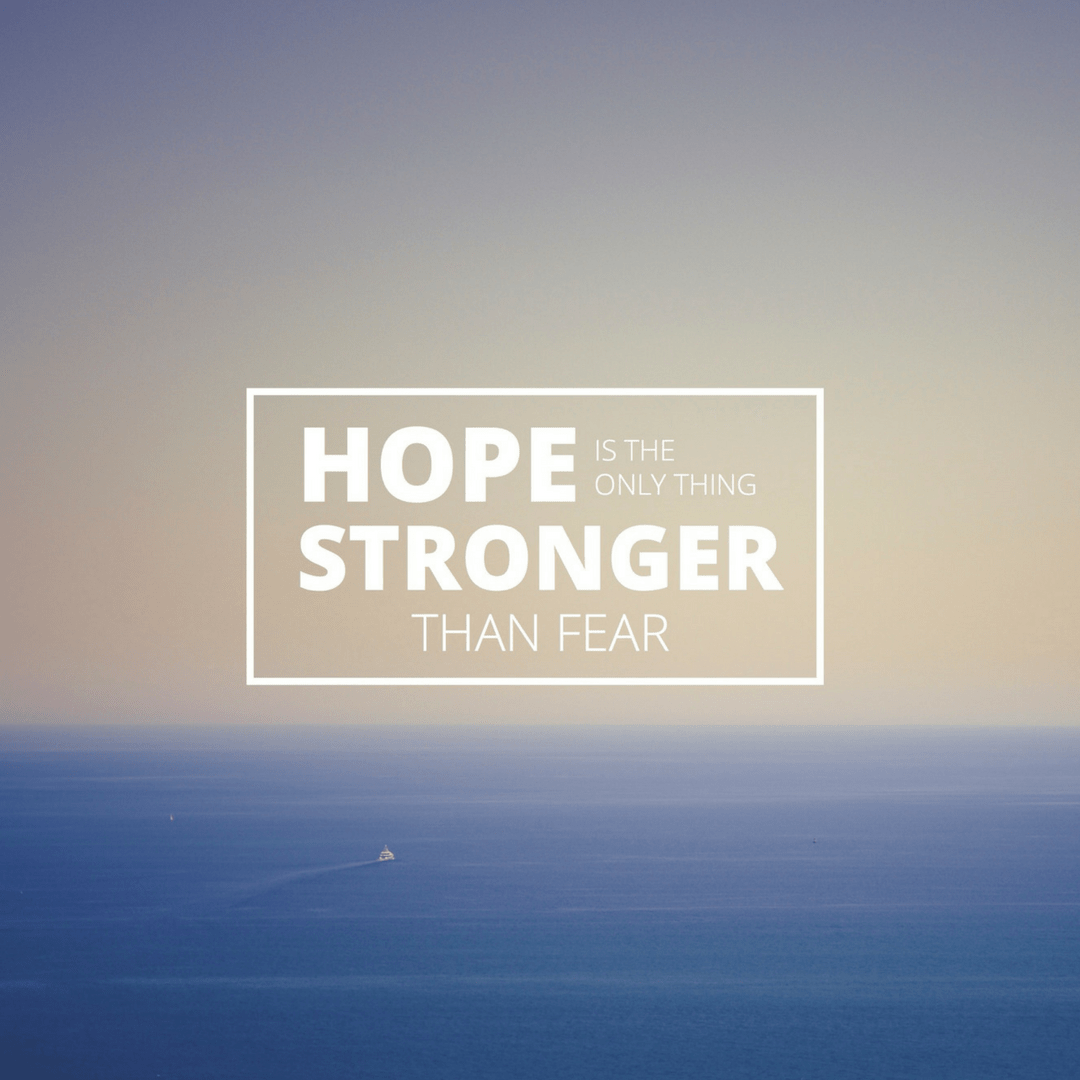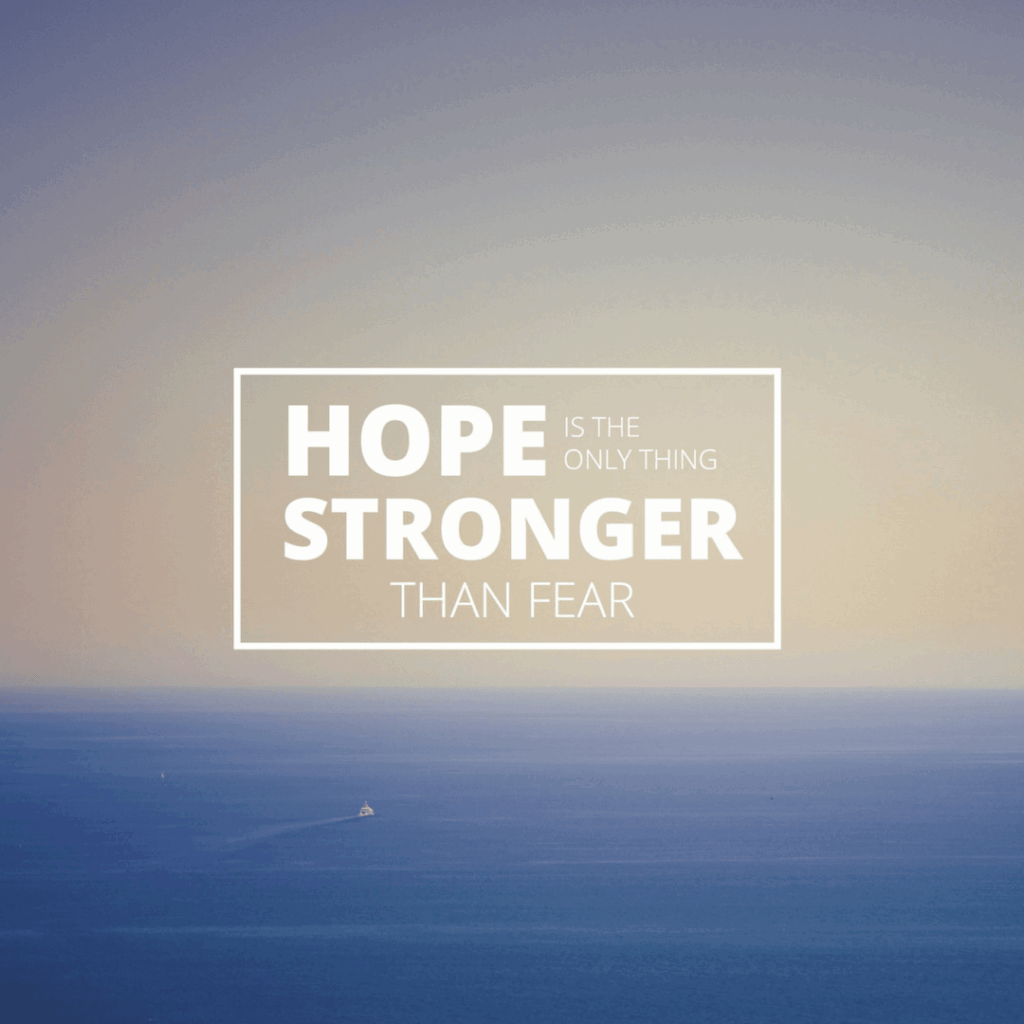Let’s destigmatize mental health challenges!
We start by opening the lines of communication don’t we? So this post is going to give a brief flyover of Manic Depressive disorder which I will simply call Bipolar, Bipolar Disorder, or Manic Depression despite the many names and descriptions the disease, dis-ease, or disorder has! Despite having grown-up with Bipolar family members, I am still only giving a flyover because I am not a doctor. I’m also capitalizing the disease names because these are capital problems in the lives of those with this extremely serious condition.
WHAT IS IT?
Bipolar (mentally shifting between major highs and lows) is an often genetically transmitted mental illness. Anyone can have it. It does not discriminate by age, race, sex, religious leanings, or ethnicity. Though this was not what doctors said in the 1990s, in the 21st century, both women and men have the illness in equal numbers according to a bp magazine. Interestingly, women show signs of Manic Depression through crippling depression while men begin their disorder with mania.
This mood disorder is called Manic Depression because there are extreme manic episodes (see below for the “DSM IV Criteria for [a] Manic Episode”) that alternate with depressive episodes. These episodes can last anywhere from hours to longer periods like “seasons of life” which could actually mean years according to a practicing psychologist. Luckily, cognitive behavioral therapy AND medication serve to regulate these pronounced mood swings.
The mood in an individual with Bipolar is not the only thing involved. Energy levels, changes in behavior, and thoughts (that could be self-harming, hyperactive, controlling, or erratic) are also seen in those with Bipolar. As you can surmise, ADD/ADHD has some similarities, which makes proper diagnosing from a qualified and competent doctor crucial.
They are also considered two and possibly three types of Bipolar at this point in time in spring 2018. But before I brain share, let me explain “hypomania” first because it’s relevant to Bipolar 1 and Bipolar 2. Hypomania is similar to mania only less severe and shorter lasting. Behavior is still very off compared to the person’s typical disposition, but hypomania is a lesser of the two evils.

THE TYPES
If there are 1+ manic events that occur for over 1 week, that is a characteristic of Bipolar I. We are talking about very heightened moods, non-stop energy around the house or work etc, and a brain that won’t stop spitting out thoughts and ideas. Now add the immobility and the worthlessness that comes from depression and add an exclamation point and this severe depression makes up a more well-rounded and definitive look at Bipolar 1. Note that not all Bipolar 1s have the depressive and/or hypomania episodes but they can co-exist without problem. If you want to over simplify this type for your own memory sake (which is often retarded by psychotropic drugs used to treat mood disorders), you could say this is a more manic type but don’t quote me on that because I could be mistaken. This is simply what I have picked up.
With that said, Bipolar II would then me more depression oriented. I label it this way because this type will have 1+ instances of full blown depression, but there is hypomania that does accompany the awful depression.
Moving on to the less potent of the types, Cyclothemia’s manic and depressive instances are less powerful than those episodes found in Bipolar 1 and 2. Unfortunately, the oscillating moods are chronic, meaning long-term as opposed to acute which is short-term. The problem with chronic pain is that even when it lessens, that level changes. Thus, with Cyclothemic Disorder, the manic and depressive episodes occur regularly like every couple of months or so. It may even lead to worse Bipolar 1 or 2 but my knowledge ends there. I don’t know if this results from not treating the illness.
No matter the type of Bipolar or Cyclothymic Disorder, the sufferer will encounter making poor financial decisions, have severely dysfunctional relationships, and come across as someone with obvious mental struggles. I use active tense and not passive because I have never heard, read or known of anyone with these conditions to not have these side effects. The disorder is truly shocking to have and horrible to see in someone. The disorder is far worse than any disorders I have and it’s just awful that there isn’t better ways to treat, heal, or completely cure this major life-changing illness. But no matter how devastating, the diagnosis is important.
A family member paid big money and spent months of testing to disprove the person’s Bipolar diagnosis. When this person spoke to me (someone who I had only met and spoken to once), the embarrassment of the label was profound! I let the person speak and said, “You don’t have to say anything to me. My opinion doesn’t matter and I’m not going to think less of you. I’ve got my own issues. It’s hard facing these evaluations and labels.”
The person cut me off with non-stop explaining, erratic thoughts processing and rapid speech coming through. The adamancy was so forceful I took the bait and didn’t realize what I was seeing until months later. This person felt the need to control my thought that his/her diagnosis was real. His/her humiliation was strong, almost as strong as his/her grandiose idea that he had invented the next international revolution of the 21st century.
 ANECDOTAL INSIGHT
ANECDOTAL INSIGHT
To provide a little more understanding, let me share a few things I have noticed from my up-close and person experience with Bipolar.
Medication exacerbated the Bipolar symptoms! Was this because introducing medicine created physical and mental changes resulting in a person’s need to readjust socially constructed behavior to this new occurrence? What I mean is, we all develop behavior patterns that cover our socially undesirable behavior right? The teacher says, “Slow down! In fact, don’t talk at all!” Many others say that to you and over time, you learn to speak slowly and infrequently. Once the Lithium or Latuda kick in, there is a new variable in the equation that makes up your behavior. You have to get re-oriented to this new “you.”
Well, it seems like we (people in general) kind of let go of the socially constructed behavior that was used to hide our socially unacceptable behavior. This is just one theory of mine but maybe it will help you, reader.
Also, the theme of control cannot be down played in someone with this disorder. A woman who attended a Christian group I was in showed up about a week after I had last seen her unrecognizable because of her 20lbs weight loss and oily hair. She suddenly plunked down next to me in a chair and all I could do was stare. This same woman, who I immediately knew was “mentally off” as I call it, seemed like a lot of other people who join and need to be in church groups. They need the help and support. With people like this, you simply need healthy boundaries. Once you have those set up, you can enjoy their company. However, this woman had a horrible depressive episode and her euphoric mania stayed on even as the depression lessened. There was a Christian psychologist and many of us making sure that she was steady before we left that night’s fellowship but the poor woman was about to lose her apartment because she was now jobless. Just awful!
She stood with me alone in the empty church parking lot and she sailed between the waves of over the top optimism topped with hyper spiritual speech (as was customary) and controlling language, going so far as to angrily demand that God… That’s when compassion stopped and something clicked in my brain. Her anger, the tone, and her mental sickness was either too pronounced to function in society and in the order of someone who needed institutionalization (which I do NOT say lightly) or she was the first demonically possessed person I had ever encountered – also not a joke. I didn’t feel safe so I spent the next 15 minutes steering her home and making it to my car. All I could do was pray for her and meet with the church group leader and his wife to delicately share my concerns that she could hurt herself or others. They were aware that, “[she] is very sick.” They took no action. Was this good so that the ill woman had a safe space? Was this bad because she is liable to hurt someone? I don’t have an answer. However, I stopped going to the group after a few more get-togethers because of this lack of safety and I’m not someone who scares easily.
From this example, I recommend to intelligently and gently speak up for and about those with severe mental illness. Bipolar is getting passed around more than ever as a label to stick on anyone who is often moody. This is so inappropriate and leads to horrible misunderstanding, lost opportunities for diagnoses and help! We do need to protect ourselves and others from those who will cause us harm so we can, in turn, reach the “least of these” in our society. As you have read, people with these mood disorders do not have healthy family structure where they are scooted right into the doctor’s office the moment they run out of meds… or the insurance company changes its coverage…or the pharmacy has a refill delay…
 WRAPPING UP
WRAPPING UP
Now, it’s beyond frustrating to ride the wave of Bipolar episodes – and I’m only speaking as a person who encounters the illness when I’m with close family so I don’t even have it and it snakes its way throughout my life! However, there is hope because the episodes don’t last forever, there are more treatments now than ever, and most of all, it’s rare for doctors to aggressively push brain damaging electroshock on patients anymore!
*DSM IV Criteria for Manic Episode
• A distinct period of abnormally and persistently elevated, expansive, or irritable mood, lasting at least 1 week (or any duration if hospitalization is necessary).
• During the period of mood disturbance, three (or more) of the following symptoms have persisted (four if the mood is only irritable) and have been present to a significant degree.
1. inflated self-esteem or grandiosity
2. decreased need for sleep (e.g., feels rested after only 3 hours of sleep)
3. more talkative than usual or pressure to keep talking
4. flight of ideas or subjective experience that thoughts are racing
5. distractibility (i.e., attention too easily drawn to unimportant or irrelevant external stimuli)
6. increase in goal-directed activity (either socially, at work or school, or sexually) or psychomotor agitation
7. excessive involvement in pleasurable activities that have a high potential for painful consequences (e.g., engaging in unrestrained buying sprees, sexual indiscretions, or foolish business investments)
Can you find anything positive in having or experiencing the behavior of someone who has Bipolar? Share your comments with me below. The more we share the better we can open the stigma around mood disorders and start operating!


Thank you for such an important and timely article. As a woman with Bipolar II, I appreciate your honesty with dealing with a person in full blown mania. At least you tried to get her some help and didn’t blame her for the mental illness. When I am in mania, its really difficult to control my actions although I may appear controlling. Now that Mariah Carey has divulged that she has Bipolar II, maybe more awareness will be achieved through her celebrity status.
Oh I didn’t know that she has it, interesting! Well I wrote this because I love you. You were so interested in the Inattentive ADD. That kind of love multiples and it did here too. I thought I’d squeeze out a few paragraphs but I guess something so important just needs to come out!
Next comes, depression, anxiety, ADD, autism, schizophrenia, dyslexia…